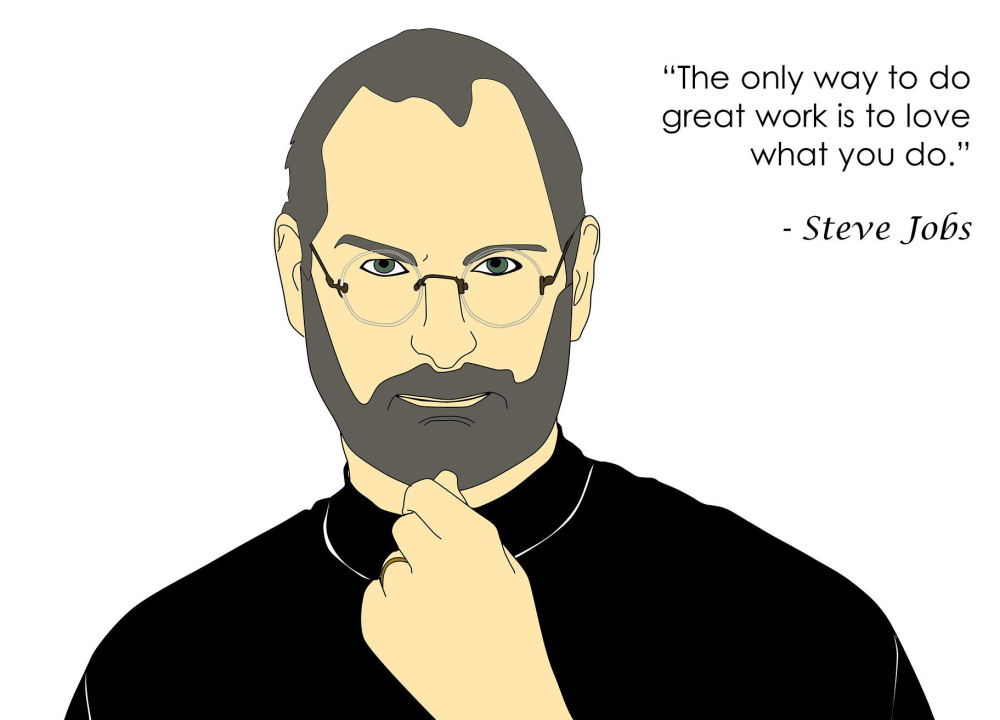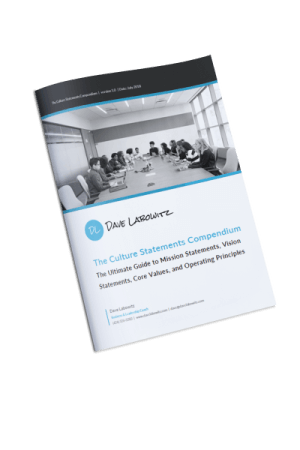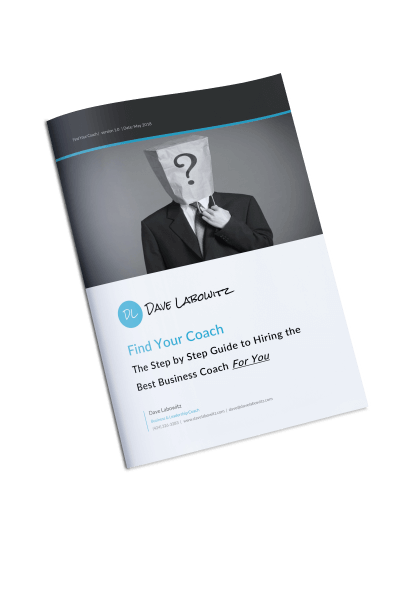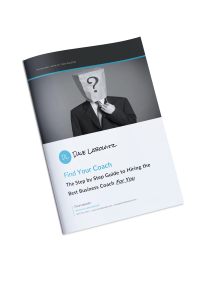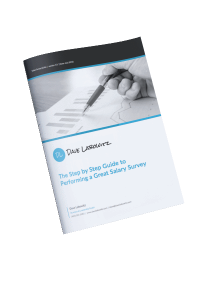When my father taught me the phrase, “Do what you love and the money will follow,” I didn’t believe him. My family had very little money when I was growing up. I thought it was a cute concept, but only applicable to those with financial resources far surpassing our own. Through my teens and into my twenties, making the most money possible was my primary motivation. I took any career opportunity that came my way, provided it offered a bigger salary. Fortunately, this led me to the technology field, where I learned skills that would turn out to be quite valuable later in my career. This was pure luck.
After a few almost unmentionable jobs, highlighted by a telemarketing job selling accidental death and dismemberment insurance for the JC Penney’s credit card (that sounds like a bad joke, but it’s not), I started my real career with a two-year stint at The Vanguard Group. My most valuable learning from Vanguard was that I wasn’t cut out for corporate bureaucracy. I quit due to the lack of upward mobility and ended up working in a predictive modeling startup as a software and database engineer. The most important lession I learned there was that I loved startups. I also didn’t want to be a coder for the rest of my life. I ended up leaving that startup to get my MBA at Pepperdine. Learning about tech had been great, but I wanted to learn about the business side of business.
In grad school, they taught us we should take any interview we could get. We’d learn to improve our interview skills and maybe get an offer we couldn’t say “no” to. If we ended up not wanting the job, we could always turn it down. This was good advice. It also brought me to one of the toughest choices of my life.
I was selected to interview for a Vice President position at Countrywide Financial, a higher level role than most students were getting a shot at the year we were graduating. It was in a data analytics department and they were looking for someone with MBA-level analytics capability, but with the added skill set of being able to code their own queries directly on the databases. While this blend of skills is more common in 2017, in 2006 I was a unicorn. After acing the SQL test during the interview, I got an offer immediately.
The offer was massive enough to make my head spin. I showed it to a friend who worked in the career resources department. She confirmed it was one of the biggest offers she had seen in the last five years. The startup job I had been hoping for wasn’t available, so I promptly sold out and accepted the Countrywide offer. A big part of me dreaded it; the company structure would’ve been a carbon copy of Vanguard, it was a terrible commute, and I knew all it would do for me professionally would be to qualify me to do even more jobs I didn’t want to do later in my career. Any time I stressed about it, though, I just started doing the math on how much money I’d be making and would feel better.
Selling out for money is, by definition, a guarantee you'll be less happy in your career. Share on X
A week before I was supposed to start the job, an old mentor called me. He was working at a small VC fund and one of their portfolio companies needed a Director of Operations. It paid less than half of what I was to be making at Countrywide and had an equally crappy commute. However, it came with a little bit of highly-motivating equity and I liked the CEO. As I debated, my Dad’s old advice rang in my head. “Do what you love and the money will follow.” For the first time ever, I listened. When I called and told Countrywide I was taking another position, they tried to counter by increasing my already massive offer. It stung. It sounded like someone else’s voice coming out of my mouth as I told them it wasn’t about the money and I was already taking less for a position that was a better fit. Rationalizing my decision furiously, I reminded myself that even with the significant pay cut I was already going to be making more than I ever thought I would earn when I dropped out of high school.
Over a decade later, I can say unequivocally that this was the best professional decision I ever made. The odd thing is, I knew it instantly. Two weeks later, I was lying on the floor, building a desk in our new office. In startups, you wear as many hats as necessary and do whatever’s required! My old mentor stopped by, stepped over me, and joked, “I bet this isn’t what you thought you’d be doing with your MBA!” But it was. I was as happy as a clam. Less than two years later, Countrywide Financial imploded in scandal and the scraps were acquired by Bank of America. Some of those who would have been my team survived the layoffs. Some didn’t.
I’ve now been fortunate enough to help build three very successful startups. Thanks to the success of these companies, I’ve enjoyed greater job stability than I would’ve had in the Countrywide fiasco and earned just as much money. I did what I loved… and the money followed. My Dad had been right! In retrospect, though, while I made the right decision, I don’t think I evaluated it as well as I could have. What I realize now is that selling out for money is, by definition, a guarantee you’ll be less happy with your career. On the other hand, doing what you love is a guarantee you’ll be happier in your career, and if you take Steve Job’s above quote into consideration, “The only way to do great work is to love what you do,” you’ll also be more likely to end up making more money, because you’ll do a better job (and achieve more success) when you love what you’re doing.
How about you? Have you ever turned down more for less, only to realize you actually got more? What was the best decision you’ve made in your career? Shoot me a note and let me know!
